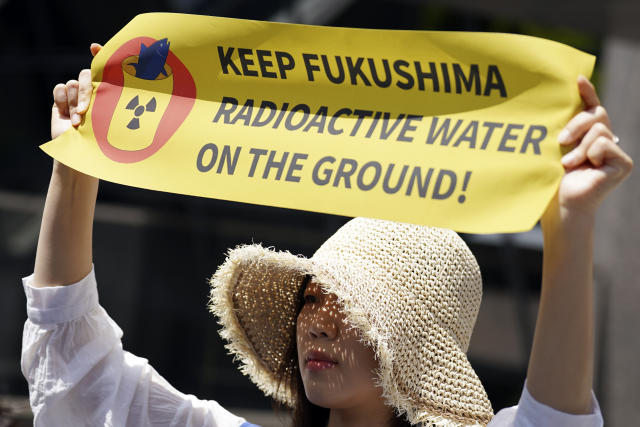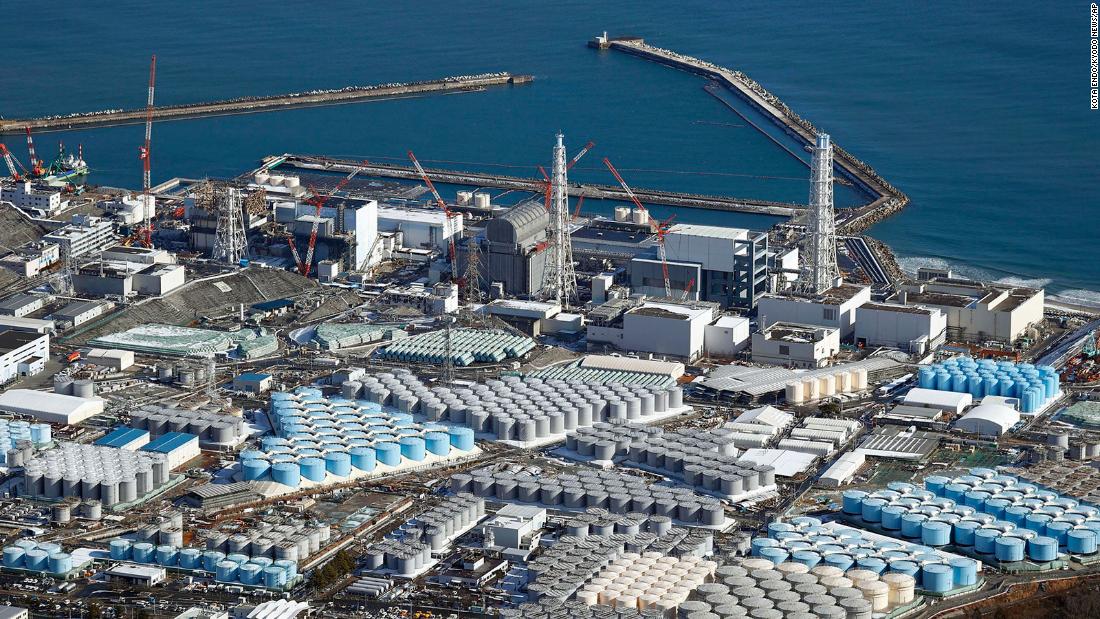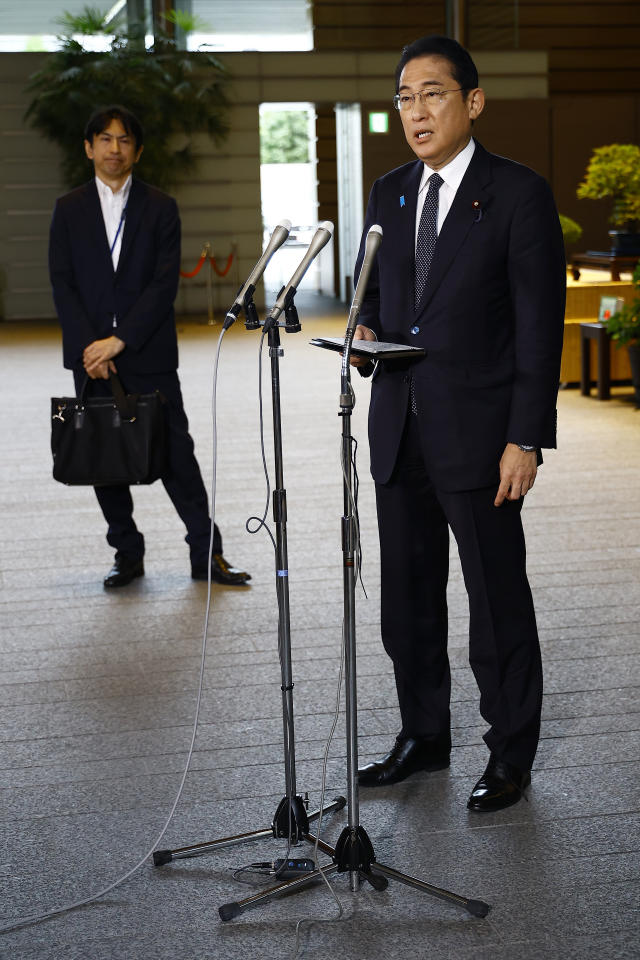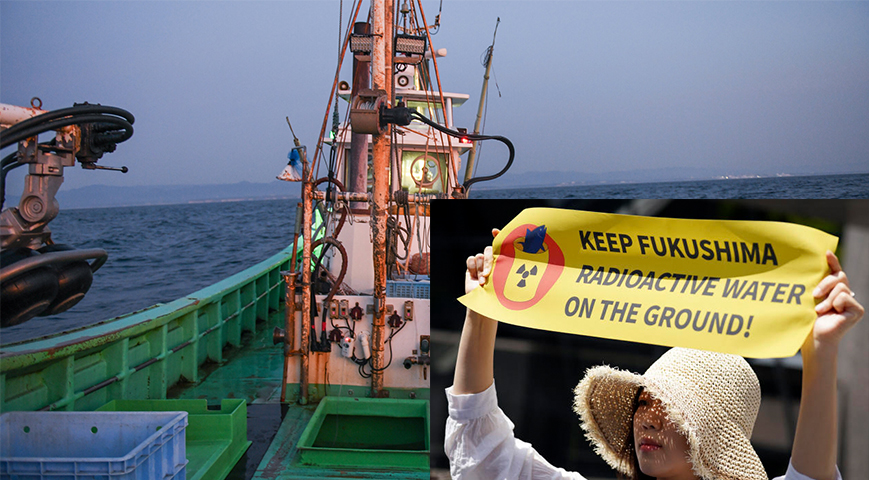Officials declared on Tuesday that Japan will start discharging treated radioactive water from Fukushima into the ocean as early as Thursday. This comes after months of increased public concern and opposition from numerous neighbouring nations.
Prime Minister Fumio Kishida said the release will take place on August 24 "if they encounter no obstacles." A decision was made after the government's cabinet met to consider the matter.
The water inside the Fukushima nuclear plant became contaminated with highly radioactive substances due to the disastrous earthquake and tsunami that struck Japan in 2011. Since then, more radioactive wastewater has been produced due to groundwater leaks and freshwater pumping to cool reactor fuel debris.
So far, enormous tanks have been used to process and store this effluent. However, there is a limited amount of room, and authorities claim they must remove the water to decommission the plant safely, so they came up with the ocean release plan, which has been divisive from the start.

Did you read this?
The International Atomic Energy Agency (IAEA) of the United Nations came to the same conclusion in July that Japan's plan complies with global safety guidelines and will have "negligible radiological impact to people and the environment"; it reiterated this conclusion on Tuesday after the government's announcement, claiming the plan had undergone two years of "detailed review."
However, this has yet to comfort many of Japan's neighbours, as representatives from China and the Pacific Islands have expressed concern and resistance to the proposal.

Street demonstrations against the release have also been held in South Korea, even though the government has backed Japan. The government's stance was questioned on Tuesday by South Korea's most prominent opposition party, which said that the release would result in "unimaginable damage" to all nations bordering Japan.
Consumers in the region have already started to swear off seafood from Japan and its neighbouring waters, and some governments have even banned imported food from some areas of Japan, including Fukushima. In the meantime, fishing communities in Japan and South Korea are concerned that the wastewater release could end their livelihoods.
The leader of a national organization representing fishermen met with Kishida on Monday, and he informed the prime minister that the organization "still opposes" the proposal. After the announcement on Tuesday, a large group of protesters holding banners and signs denouncing the release gathered in front of Kishida's office.
Radiation safety issues
According to the state-owned energy company Tokyo Electric Power Company (TEPCO), although the radioactive wastewater contains specific hazardous components, the bulk of them may be eliminated using a variety of treatment procedures.

The main problem is a non-removable hydrogen isotope called radioactive tritium. There is no technology available now that can do this.
The concentration of tritium discharged will be deficient and comply with international norms, according to the authorities, who claim that the Fukushima wastewater water will be released slowly over decades and with significant dilution.
The United States and many other nations routinely discharge treated effluent from their nuclear power reactors that contain trace quantities of tritium.
Tritium exists naturally in the environment, especially in rain and tap water; according to TEPCO, the Japanese government, and the IAEA, thus the wastewater release ought to be secure.
Experts disagree on the risk that this presents, though. Most national agencies concur that while ingesting modest amounts of tritium isn't particularly toxic, doing so could be risky.









